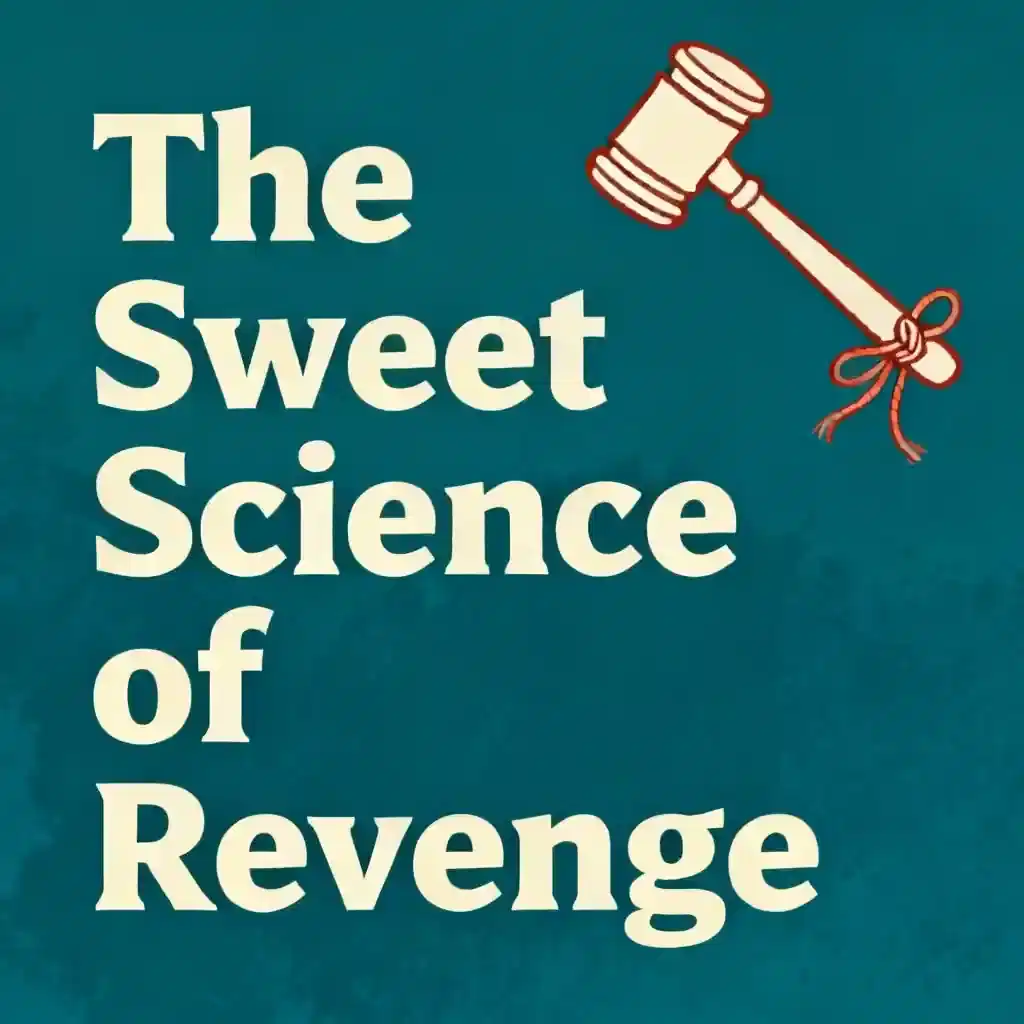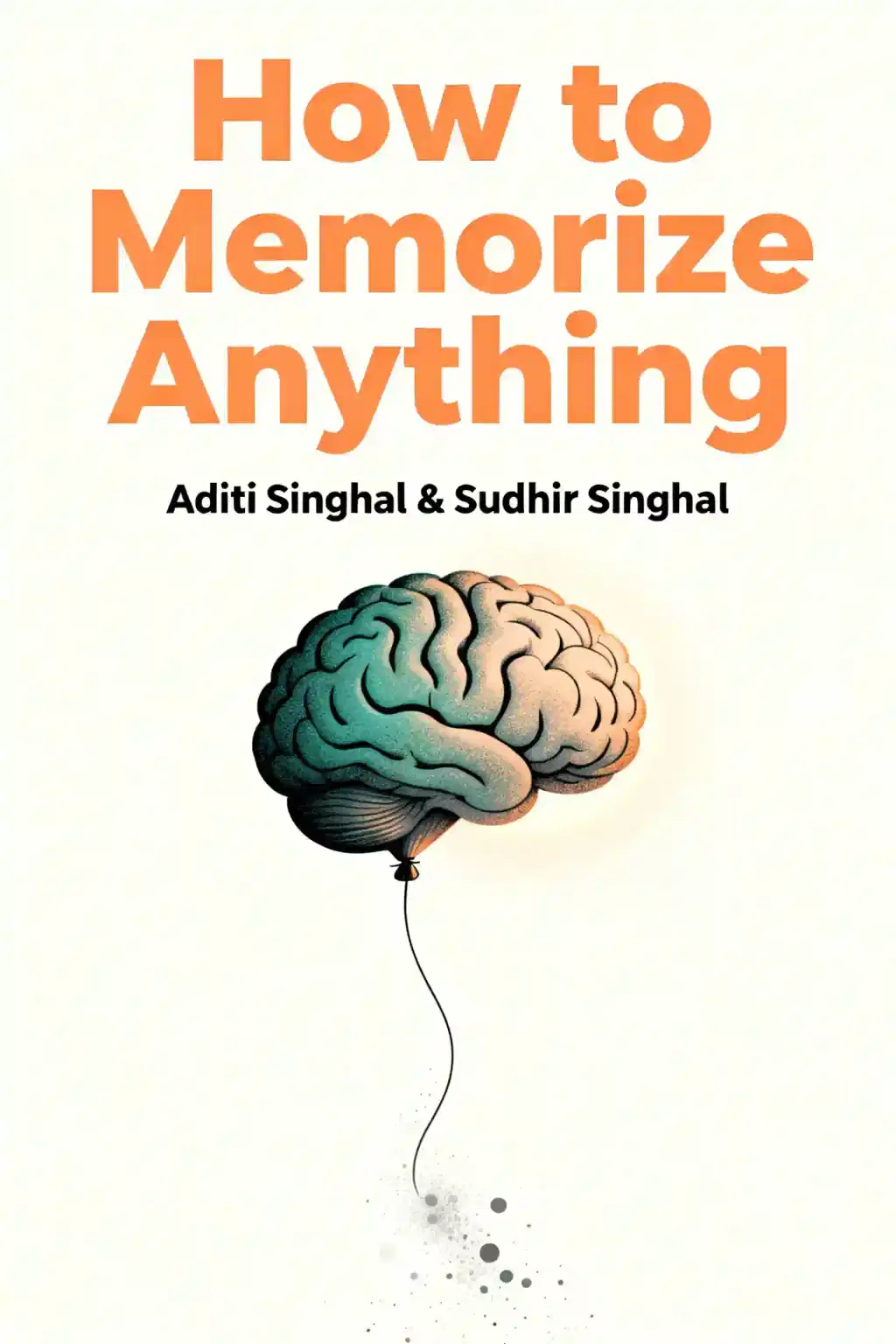What is
Criminal Psychology by Ray Bull about?
Criminal Psychology by Ray Bull provides an introductory exploration of criminal behavior, profiling, and rehabilitation. It examines how biological, psychological, and social factors influence crime, covers techniques like offender profiling and the PEACE interviewing model, and discusses the role of mental health in justice. The book emphasizes evidence-based strategies for prevention, investigation, and rehabilitation, making complex concepts accessible to newcomers.
Who should read
Criminal Psychology by Ray Bull?
This book is ideal for students, professionals in criminal justice, and general readers interested in forensic psychology. Its clear, research-backed explanations suit beginners seeking foundational knowledge, while practitioners benefit from insights into modern investigative methods, rehabilitation approaches, and the ethical implications of emerging technologies in crime.
Is
Criminal Psychology by Ray Bull worth reading?
Yes, the book is praised for its balanced, expert-driven content and practical examples. It synthesizes decades of research into digestible insights, making it a valuable resource for understanding criminal behavior, policing strategies, and rehabilitation frameworks. Readers appreciate its focus on real-world applications and avoidance of oversimplification.
What are the key concepts in
Criminal Psychology?
Key concepts include:
- Offender profiling: Creating psychological portraits of criminals using crime scene data.
- PEACE interviewing: A non-confrontational method to improve witness and suspect reliability.
- Rehabilitation: Tailored programs addressing root causes of crime, supported by risk assessment tools.
- Mental health integration: Addressing psychological disorders in offender treatment.
How does
Criminal Psychology approach offender rehabilitation?
The book advocates for personalized rehabilitation plans over one-size-fits-all solutions. It highlights the use of risk assessments to evaluate recidivism likelihood and stresses the importance of addressing underlying issues like substance abuse or trauma. Evidence-based interventions, such as cognitive-behavioral therapy, are prioritized.
What is the PEACE model in criminal interviews?
The PEACE model (Preparation, Engage, Account, Closure, Evaluate) emphasizes rapport-building and open-ended questioning to reduce false confessions and improve accuracy. It replaces aggressive interrogation tactics, aligning with modern ethical standards in policing.
How does
Criminal Psychology address mental health?
Bull argues that mental health issues are often central to criminal behavior and rehabilitation. The book discusses screening tools for identifying disorders, advocates for trauma-informed care in prisons, and critiques systemic gaps in providing adequate psychological support to offenders.
What role does technology play in criminal psychology, per Bull?
The book examines how technologies like AI and cyber forensics reshape crime investigation and offender profiling. It also warns of new challenges, such as cybercrime and deepfakes, while highlighting neuroscience advances that improve understanding of impulsivity and decision-making in criminals.
How does
Criminal Psychology compare to other forensic psychology books?
Unlike niche academic texts, Bull’s work offers a comprehensive, beginner-friendly overview without oversimplification. It uniquely balances theoretical frameworks (e.g., biosocial criminology) with practical applications (e.g., courtroom tactics), distinguishing it from books focused solely on profiling or serial killers.
What are criticisms of
Criminal Psychology?
Some reviewers note limited depth on certain topics, like cybercrime, due to the book’s introductory scope. Others suggest it could explore international justice systems more broadly, though its UK-centric perspective is well-supported by regional case studies.
How is Ray Bull qualified to write about criminal psychology?
Ray Bull is a Professor of Criminal Investigation and former President of the European Association of Psychology and Law. With over 40 years in forensic psychology, his expertise spans investigative interviewing, offender profiling, and courtroom testimony, underpinning the book’s authority.
Can
Criminal Psychology help with career choices?
Yes, the book clarifies roles in criminal psychology, such as profiling, prison rehabilitation, and policymaking. It provides insights into required skills (e.g., critical thinking, ethical judgment) and emerging fields like cybercrime analysis, aiding readers in evaluating career paths.
















